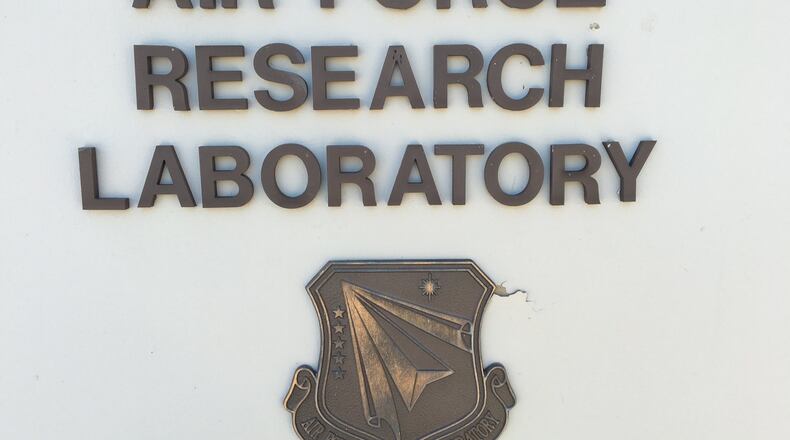The interns get the opportunity to improve their communication skills, hone their technical skills, and gain critical, relevant experience for future work.
“The ATRC consists of a large pool of talented students that are interested in DoD research,” said Dr. Theresa Scarnati, a research mathematician with the AFRL Sensors Directorate and ATRC mentor. “They get the opportunity to learn about Air Force-relevant problems and grow into potential future AF employees. In addition, many of the projects that the students work on are often seedlings for future, larger AFRL efforts.”
Usually, interns and mentors work together face-to-face both at Wright State University and Wright-Patterson Air Force Base. However, due to COVID-19, changes needed to be made in order to continue the program.
“Wright State University and the Sensors Directorate have worked together to provide computational and communication tools which are available while working from home so that both students and mentors remain successful this summer,” said Scarnati.
Not only does the program benefit the students and universities involved, it also benefits AFRL and the Air Force overall.
“The program has proven to be key in preparing and recruiting new junior force members from the best students in the country,” said Fred Garber, a professor in the Department of Engineering at Wright State University, and an ATRC Summer Internship Program coordinator. “The professional and personal connections formed between interns, mentors, and AFRL leaders will impact the future leadership in this country for a generation.”
The program usually hosts anywhere from 60 to 80 students from about 40 universities across the nation.
About the Author
